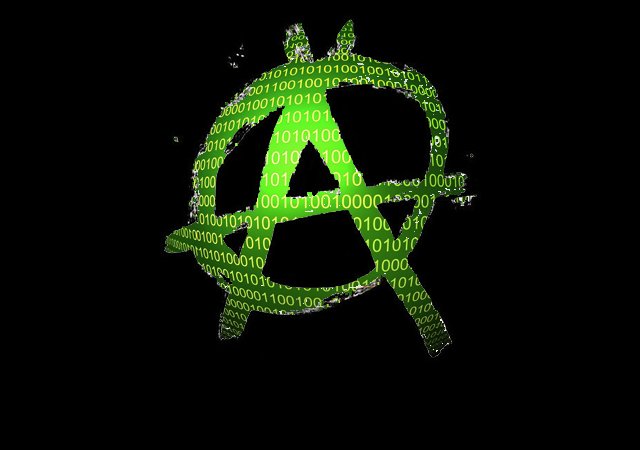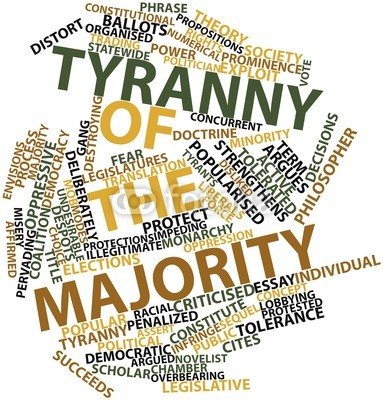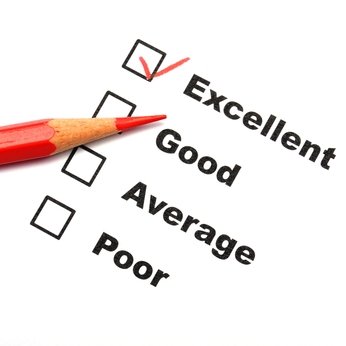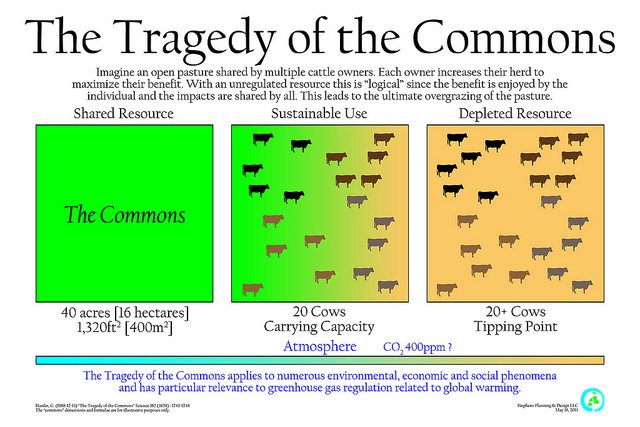Methodology for reaching improved governance of decentralized anarchist organizations
Decentralized anarchist governance system

Introduction
One of the main problems to be addressed by a decentralized anarchist organization of individuals is the inteligent allocation of resources. As each individual is motivated to propose organizational improvements, for each oportunity the organization has, several proposals might be sent for evaluation of the decision taking board. It's probable that not all the proposals made are going to be funded because resources (matter, time, space, inteligent agents) are limited. So methods for selecting most fit proposals are often utilized. Here I present a method analogous to the genetic algorithm for selecting most fit proposals to be funded within an anarchist organization.

Proposed Algorithm
A population of proposals to a probem is evolved toward better proposals. The evolution starts from a population of community generated proposals, and is an iterative process, with the population in each iteration called a generation of proposals. In each generation, the fitness of every proposal in the population is evaluated; The more fit proposals are selected from the current population, and each proposal details are modified to form a new generation. The new generation of candidate proposals is then used in the next iteration of the proposals algorithm. Commonly, the algorithm terminates when either a maximum number of generations has been produced, or a satisfactory fitness level has been reached for the population.
Measuring Fitness Of Each Proposal
One way to effectively measure the fitness of proposals is by a simple democracy voting process. The problem with this method is that receiving bad votes can lead to the tiranny of the majority.

If somehow a method for measuring the quality of the votes was available, the tiranny of the majority could be avoided.
Measuring Quality of Votes
The quality of the votes can be estimated with the conscience level each voter has.

To better ilustrate the conscience level parameter I'll give a classical example called tragedy of the commons.
Tragedy of the Commons
The tragedy of the commons is an economic theory of a situation within a shared-resource system where individual users acting independently according to their own self-interest behave contrary to the common good of all users by depleting that resource through their collective action.

People with less conscience would vote based on their own interest resulting in the depleting of the common resource whereas people with more conscience would actually vote for the collective handling of the common resource for added overall productivity.
If each individual has one vote, and 80% of the individuals are not conscious, full democracy would probably lead to depleting that resource. Let's then imagine a system that will give 5 votes for each individual that passes the courses called Tragedy Of The Commons and Correct Handling Of The Common Resource.
Star Wars Analogy
In Star Wars the consciousness level would be something like the Midichlorian count. The highest Midichlorian count is attributed in the series to Anakin Skywalker, above 20,000.
He became Darth Vader and started acting evilly, in the same way highly conscious individuals often do. This indicates that consciousness cannot be the only factor for and individual to receive voting power. Instead evilness has also to be considered.Recently BBC published a psychological test called "How dark is your personality" to measure evilness.

Evilness can be modeled as a factor ranging from -1 to 1.
To be fair with the community evolution:
Voting power of an individual = - Evilness * Consciousness Level.
Instead of a general consciousness level, people are often very conscient in one subject and inconscient in another. That means the consciouness level in the equation above, that gives an individual voting power, has to be about the subject being voted, i.e. the proposals population and the problem to be addressed.
Let's then imagine a system that will give 5 votes for each individual that passes the courses called Tragedy Of The Commons and Correct Handling Of The Common Resource.
These courses are in fact relevant competences to the subject being voted, so an increase of these competences is positively related with a better vote.
Measuring evilness of an individual
The advent of the blockchain allowed the recording of information in a safe, decentralized and possibly immutable way. Taking into advantage this technology, the evil deeds of an individual can be recorded in a blockchain powered immutable ledger.
If that was done in the forked Ethereum, Darth Vader would have the possibility to attack his evilness ledger to make it not evil with the purpose of receiving voting power.
Drawbacks
This system migh look overly complicated for a project selection process. Although with the advent of the smart contracts and computerized selection processes, the burden part of the process can be computer aided. After a few rounds people should get accostumed to it.
Insights
This topic was motivated from my participation in the Ethereum Classic community and first posted at Github - issue 39. Thank you Avtar Sehra for your contribution.
Power is natural. The concentration of power in few hands is what is unnatural, therefore the decentralized power system is where there is more freedom, but it has to be well organized so that it prohibits too much concentration of power in few hands again.
Downvoting a post can decrease pending rewards and make it less visible. Common reasons:
Submit
Maybe then a better society would emerge reducing the social inequality, improving productivity and overall quality of life in a mass scale.
Downvoting a post can decrease pending rewards and make it less visible. Common reasons:
Submit
It has to, the current system is unsustainable as the bankers and politicians loot and destroy everything. Everyone is under debt, corruption and violence wreaks the land. This has to stop obviously.
Downvoting a post can decrease pending rewards and make it less visible. Common reasons:
Submit